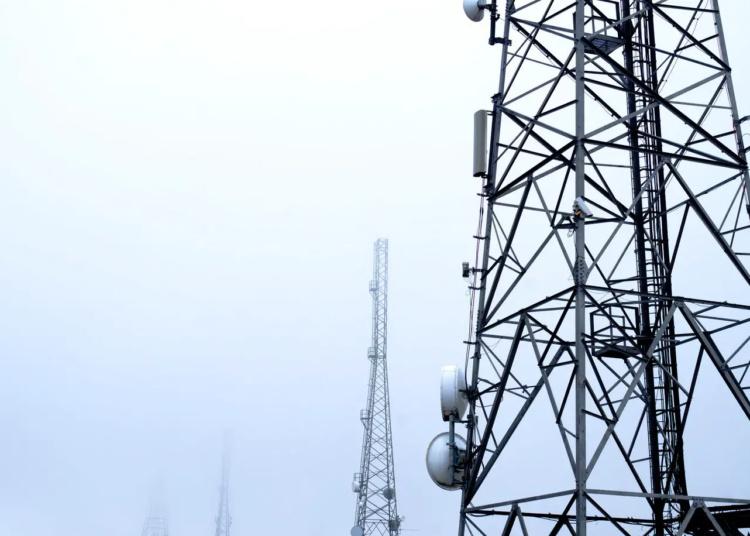Telecom operators in Nigeria have raised an alarm over a mounting debt of approximately N250 billion owed by banks for the use of Unstructured Supplementary Service Data (USSD) services, warning that they may be forced to suspend the service for banking transactions if the issue is not resolved.
USSD, a key technology in the financial sector, is widely used by customers to perform essential banking operations such as fund transfers, balance checks, and bill payments via mobile phones. However, telecom operators argue that the increasing debt associated with the service has become unsustainable, and without regulatory intervention, they may be left with no choice but to halt support for USSD in banking operations.
MTN Nigeria’s CEO, Karl Toriola, expressed concerns over the escalating debt during a session with participants of the Media Innovation Programme (MIP) in Lagos. He noted that the unresolved financial burden is threatening the viability of telecom operations, stating that while discussions are ongoing, the lack of a definitive resolution is creating serious strain on the operators,
Toriola said the Central Bank of Nigeria (CBN) and the Nigerian Communications Commission (NCC) need to intervene urgently to ensure a sustainable payment model. He expressed hope that with the recent appointment of Yemi Cardoso as the new CBN Governor, alongside Dr. Aminu Maida, the NCC’s Executive Vice Chairman, the impasse could soon be resolved.
“We believe the leadership at the CBN and NCC will soon address this issue. But if this is not resolved, we will have to seek regulatory approval to discontinue USSD services for banking transactions. This debt cannot continue to pile up indefinitely,” Toriola warned.
He further highlighted the broader economic challenges that are exacerbating the situation, including the continued devaluation of the naira, rising inflation, and increasing costs of diesel, electricity, and other operational expenses.
“These factors are pushing the telecom sector to a critical point. MTN is already making losses due to the naira devaluation. If tariffs do not reflect the current economic realities, the sector is at risk of collapse,” he added.
Toriola also pointed out that the telecom industry, once a major contributor to corporate income tax, has seen its tax contributions significantly decrease due to ongoing financial challenges. He emphasised that without immediate intervention, the operators might be unable to maintain the infrastructure necessary to support services, including USSD for banking operations.
He urged the government to consider the telecom industry’s vital role in supporting other sectors and avoid allowing it to face the same decline as the now-defunct NITEL, which collapsed after years of financial mismanagement.
The Global System for Mobile Communications Association (GSMA) has also echoed calls for an adjustment in tariffs to maintain the sustainability of telecom services, reinforcing the urgency of the situation.
As negotiations continue, the telecom operators are hopeful for a swift resolution, but the looming threat of suspending USSD services could have serious repercussions for both the banking and telecommunications sectors if the debt remains unpaid.
On his part, the managing director and chief executive officer of Airtel Nigeria, Carl Cruz, listed the USSD debt, devaluation of naira and insecurity as major issues impeding the growth of the sector.
Cruz said, “The devaluation of the Naira moving from N420/dollar to N760/dollar in a month’s time, to about N1500/dollar today, had indeed affected the telecom industry which relies heavily on importation of infrastructure to grow the sector. This has led to dwindled investment in the sector.’





